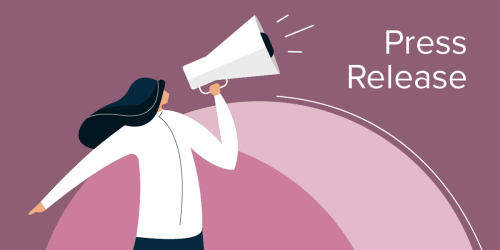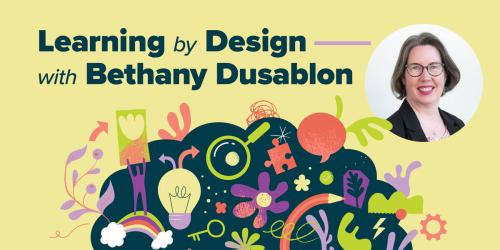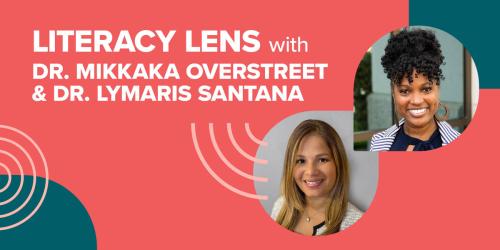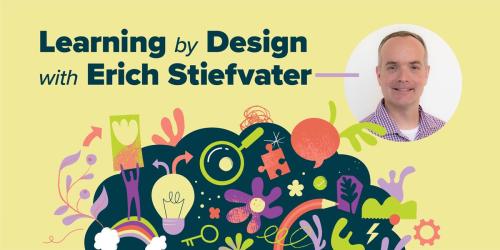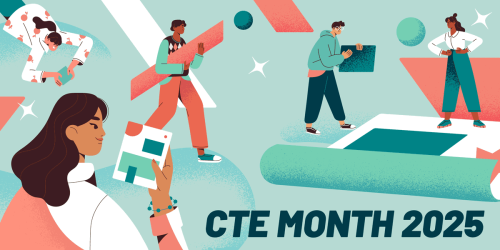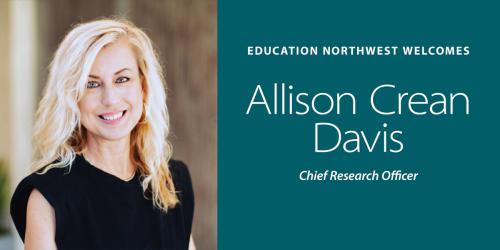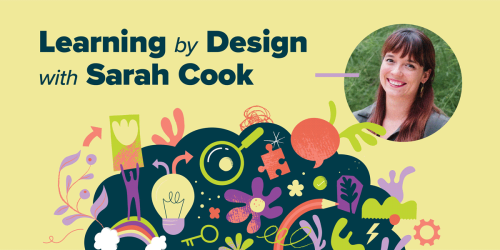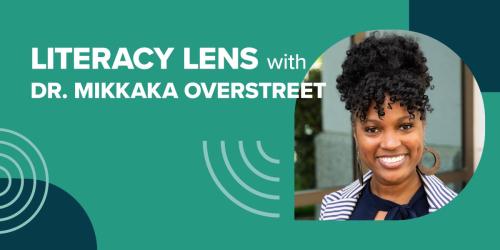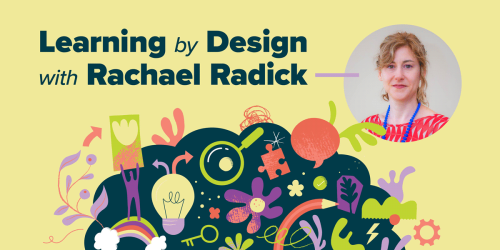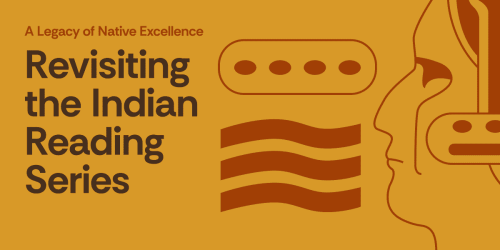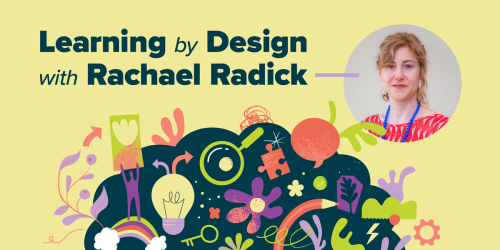The Overdeck Family Foundation awarded Education Northwest $1.25 million to conduct a randomized controlled trial to study the efficacy of Springboard’s after-school model.
eLearning is a convenient, customizable and cost-effective tool for state agencies looking to deliver high-impact training on any topic.
Learn about phase 2 of the Education Northwest technical assistance approach: collaborative implementation.
Sponsored dual credit uses flexible teacher qualification standards that local schools and colleges can adapt to their context.
States across the country are improving literacy rates using a combination of funding, strategic policies, monitoring, and implementation support.
Learning environments informed by consideration of trauma benefit all students. Our updated guide offers strategies and resources for educators.
Adults learn differently from children. In this post, we explore principles, strategies, and resources to support adult learning, training, and coaching.
Building trust and collaboratively designing projects are key to effective and sustainable technical assistance.
Federal performance indicators for career and technical education programs can support continuous improvement. But to expand access and participation, educators should look to other data points.
Allison will lead the research and evaluation team, drawing on her experience directing research and evidence-based technical assistance efforts at Westat, including the National Summer Learning and Enrichment Study and the National Comprehensive Center.
Gamification elements can inspire and engage learners, especially those who do not connect with traditional teaching strategies.
Educator preparation programs play an important role in state literacy reform plans. In Oregon, a community of practice is helping enable statewide changes in how children learn to read.
People process information in different ways. Flexible environments, engagement options, and assessments can create effective learning for all.
Some of the creators of the Indian Reading Series—140 stories from nearly two dozen Tribes around the Northwest—reflect on how it came to be and why it remains a valuable resource today.
These strategies and resources for inclusive learning design can improve equity and unlock the potential of neurodivergent learners.
